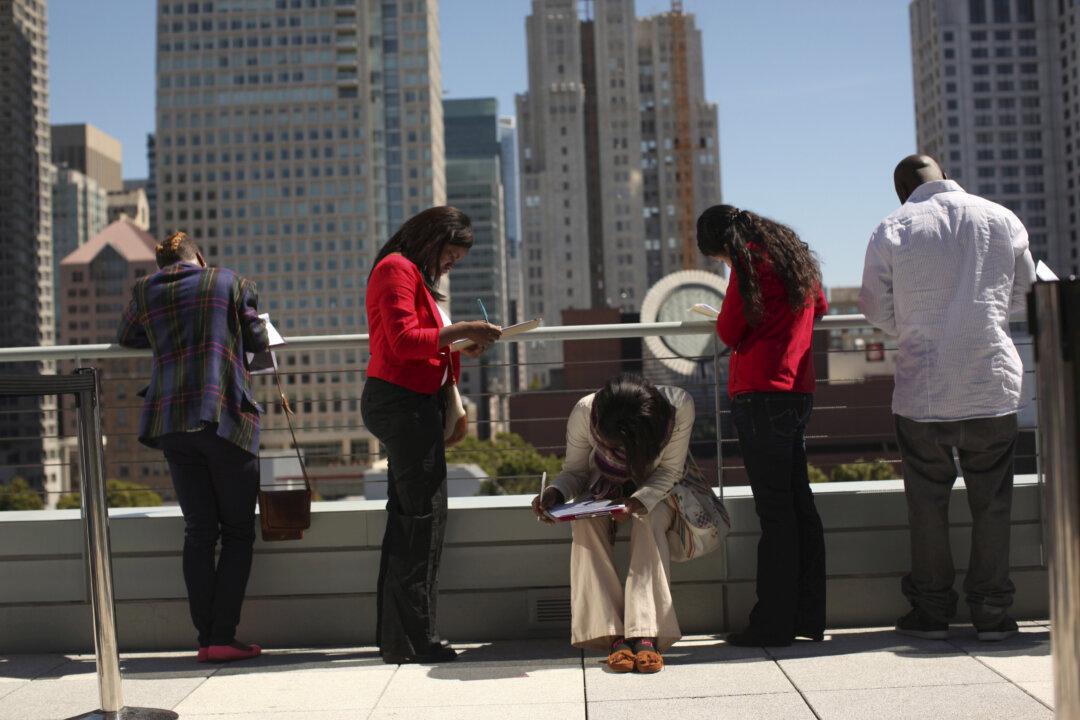About 1.1 million Americans filed claims for unemployment benefits last week, confounding economists’ predictions and stoking fears that a labor market rebound may be stalling.
The Labor Department stated on Aug. 20 that the number of initial claims for state unemployment benefits surged to a seasonally adjusted 1.1 million last week, after breaking below 1 million a week earlier, a hopeful sign that America’s labor market might be on a steady path to recovery.





